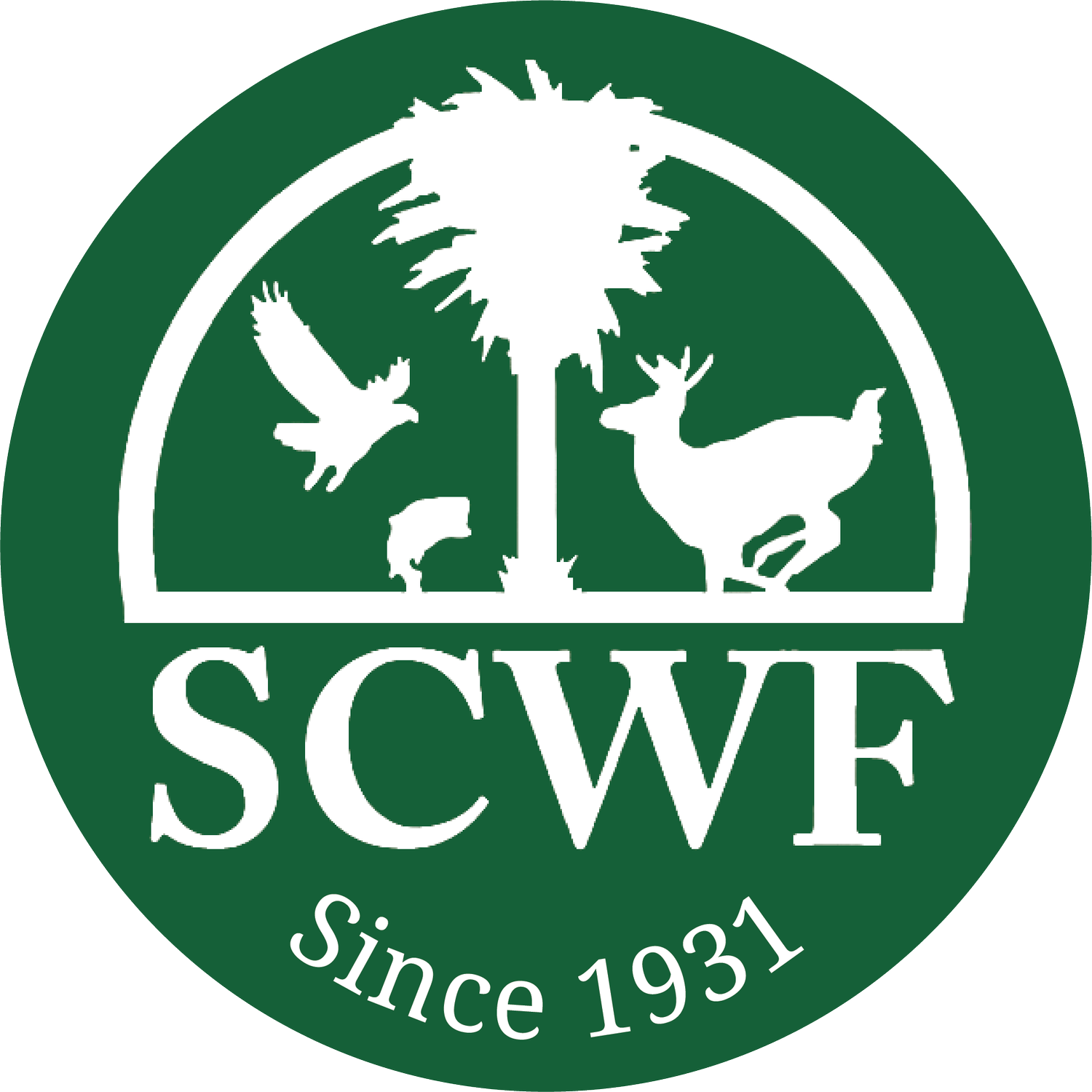SCWF Government Relations Manager, Trip King
The SC General Assembly convened on January 12 and adjourned on Thursday, May 13. SCWF Government Relations Manager, Trip King, has provided this detailed update on some of the bills we have been following and advocating for this year.
Santee Cooper Reform: Santee Cooper reform bills were filed in both the House and the Senate this year. SCWF, along with other conservation organizations and solar advocates, were successful in having the Senate reform package amended to include language that includes: 1) a stipulation that the utility must utilize a competitive and transparent procurement process for renewable energy resources; 2) a call for a just transition from coal; 3) Santee Cooper agrees to decommission their Winyah coal plant by 2028; 4) Santee Cooper must weigh the benefits, and lower costs, of renewable energy as an alternative to fossil fuel when transitioning from coal; 5) Santee Cooper’s Integrated Resource Plan must be reviewed and approved by the PSC; and 6) Santee Cooper agrees to a goal of net zero carbon emissions by 2050. The Senate bill passed overwhelmingly, and was sent to the House where they amended the bill further. The legislation is now in a conference committee to reconcile the differences in the two versions.
Resilience Bill: SCWF, along with several other conservation organizations, worked hard last session to secure passage of S.259, a comprehensive resilience bill. The legislation called for the appointment of a Chief Resilience Office as well as establishing Resilience Reserve Fund to fund statewide resilience planning, hazard mitigation, and disaster recovery efforts, and a State Resilience Revolving Loan Fund to facilitate a voluntary buyout program of repetitively flooded properties. This year, the goal was to fund the Office of Resilience, including the two trust funds, and name a Chief Resilience Officer. Thankfully, the Legislature stepped up to the plate and provided roughly $2M to fund the Office of Resilience and between $46M-$50M to fund the two trust funds mentioned above. The Governor also nominated the current head of the state Disaster Recovery Office, Ben Duncan, as the new Chief Resilience Officer for the state and the Senate confirmed his appointment. Because of slight differences between the House and Senate versions of the budget, the final funding for the Office of Resilience will be determined by a post-session conference committee when budget negotiators meet in June. This legislation and the funding for an Office of Resilience has been a top priority for SCWF and our advocacy partner, Audubon SC, for a number of years.
Green Space Sales Tax Act: S.152, sponsored by Senators Tom Davis and Chip Campsen, will allow counties to institute a 1% sale and use tax, subject to a successful county-wide referendum, to be earmarked for the purchase of land preservation procurements and green space enhancements. This legislation was sought to give local governments a significant tool and the financial ability to protect and preserve threatened lands within their borders as a result of burgeoning growth and development. The bill overwhelmingly passed the Senate and will be taken up by the House early next year. If passed, interested counties could have ballot initiatives ready for consideration by voters in the 2022 general elections.
Solar Property Tax Exemption: This bill would prohibit counties from using the value of installed renewable energy resources, such as solar, as a basis to increase the property tax assessment of a residence. Basically, if you install solar at your residence, the investment you make will not, and cannot, trigger an increase in your property taxes. SCWF and our partner Audubon SC strongly advocated for this measure which was approved by the General Assembly and has been signed by the Governor.
Tegu Lizards and other Invasive Species: The Legislature passed legislation this year that would put in place strict regulations regarding the possession, ownership and sale of Tegu Lizards as well as approved regulations promulgated by SCDNR that identifies and regulates other non-native and invasive species.
Mining/Landfills: Legislation was introduced this session that would prohibit SC DHEC from issuing permits for solid waste landfills and mining activities within 2 miles of green spaces, parks and other preserved or protected lands. The bill is still pending in the House but we will be advocating in both chambers in 2022 to have this legislation passed and signed by the Governor.
30x30 Land Protection Bill: This would task state agencies to work together to find ways to preserve 30% of our state’s land by the year 2030. This would add another 3 million acres of protected land (roughly double what is already protected) to our state’s portfolio. Regrettably, S.220, the bill we were advocating for, got sidelined, while some members of the General Assembly and the Governor’s Office considered a larger, more comprehensive effort to accomplish the same goal and seek funding for such an initiative. Hopefully, the summer off-session will allow all the parties to come together and agree on a strategy for 2022.
Conservation Bank: The Conservation Bank has been approved for a higher level of funding than it has seen in recent years. There were difference in the Senate and House approved amounts and this will be resolved when budget conferees meet again in early June.
Senate Bill S.2 – Introduced by Senator Harvey Peeler, President of the State Senate, S.2 would split the current SC Department of Health & Environmental Control (SCDHEC) into two separate entities, spinning off the environmental permitting and oversight functions to a new Environmental Services Agency. Numerous hearings were held in the Senate on Peeler’s bill but it has not advanced out of the subcommittee stage. Peeler hopes to continue to reach out to stakeholders over the summer with an additional hearing, and have an amended bill ready for consideration next year.


